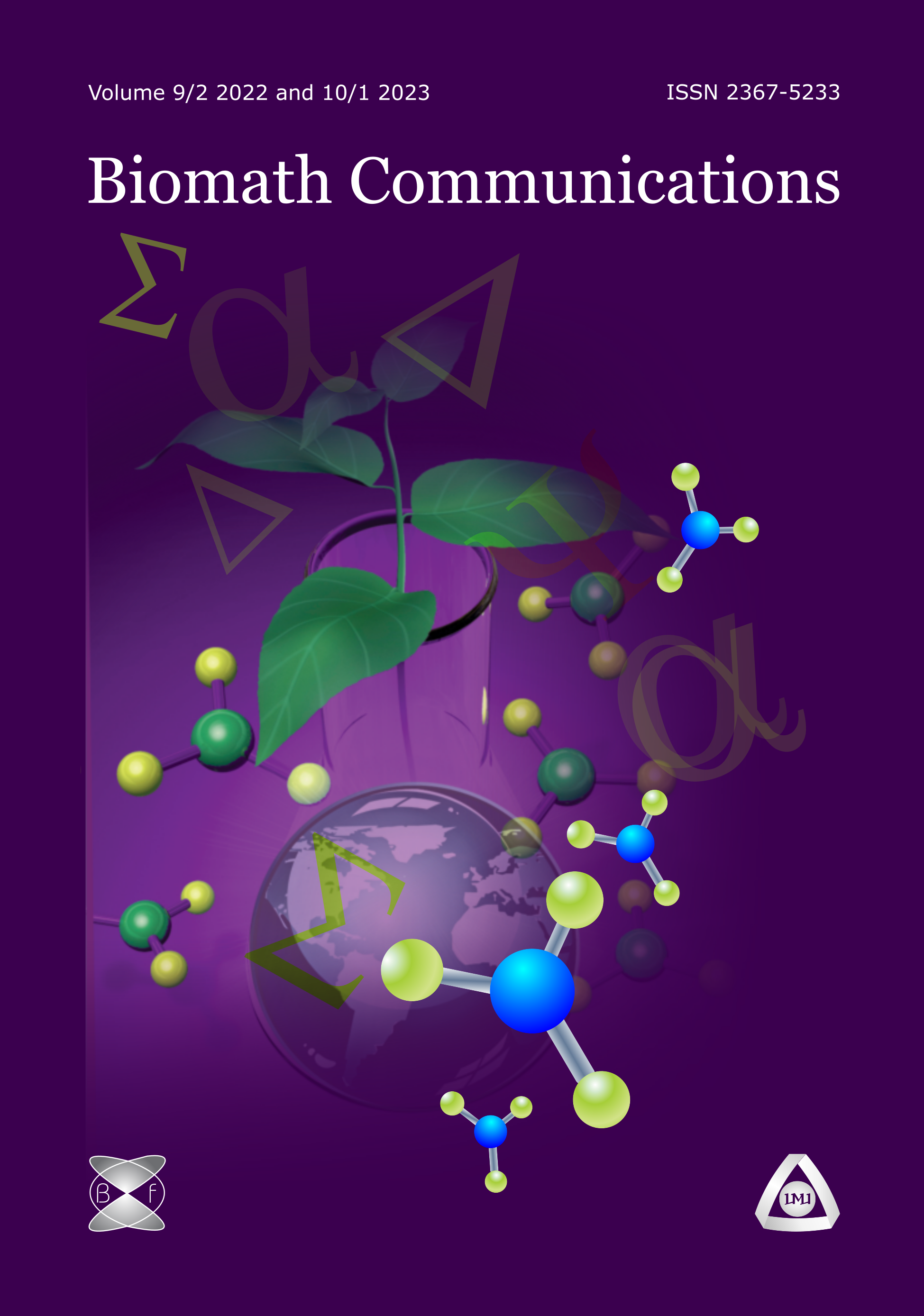Impulsive Modelling for Tree-grass Interactions in Fire-prone Savanna
DOI:
https://doi.org/10.11145/495Abstract
The study of tree-grass interactions in savanna (fires prone or not) remains an important issue for research. In African savanna, it is well known that fire is a major disturbance that shapes tree-grass ratio along a rainfall gradient. Several mathematical models have been developed that addressed fire prone savanna dynamics. Such models rely mostly on continuous-time modelling of tree-grass competition. In these frameworks, fire is a time-continuous forcing (see [1] and references therein) while therelationship between woody plant size and fire-sensitivity is notsystematically considered. In this work, in order to takes intoaccount both the discrete nature of fire occurrence andsize-dependent fire sensitivity, we propose a new mathematical modelfor tree-grass interaction featuring impulsive differentialequations [2]. The impulsive modelling is able to yield a morerealistic array of solutions and therefore, able to account for many dynamical scenarios observed in savanna-like ecosystems.Extension of the temporal model to a spatio-temporal model, using local and nonlocal operators, will be also considered. ...Downloads
Published
Issue
Section
License
The journal Biomath Communications is an open access journal. All published articles are immeditely available online and the respective DOI link activated. All articles can be access for free and no reader registration of any sort is required. No fees are charged to authors for article submission or processing. Online publications are funded through volunteer work, donations and grants.
Authors who publish with this journal agree to the following terms:
- Authors retain copyright and grant the journal right of first publication with the work simultaneously licensed under a Creative Commons Attribution License 4.0 that allows others to share the work with an acknowledgement of the work's authorship and initial publication in this journal.
- Authors are able to enter into separate, additional contractual arrangements for the non-exclusive distribution of the journal's published version of the work (e.g., post it to an institutional repository or publish it in a book), with an acknowledgement of its initial publication in this journal.
- Authors are permitted and encouraged to post their work online (e.g., in institutional repositories or on their website) prior to and during the submission process, as it can lead to productive exchanges, as well as earlier and greater citation of published work (See The Effect of Open Access).

